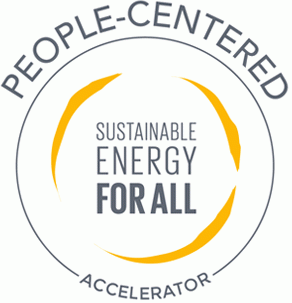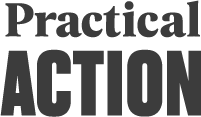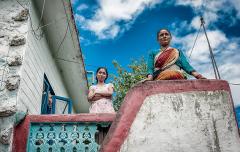Achieving inclusive energy access at scale - A discussion of Practical Action’s Poor People’s Energy Outlook 2018
SEforALL is pleased to host People-Centered Accelerator partner Practical Action for a briefing on the research and findings from the latest Poor People’s Energy Outlook (PPEO) 2018 report, Achieving inclusive energy access at scale.
PPEO 2018 asks key questions of how we can move ‘further faster’ while still ensuring we leave no one behind. The report does this through a data-rich analysis of national scale programmes, while giving voice to the perspectives of key stakeholders and communities on the ground.
The Poor People’s Energy Outlook 2018 explores how energy access can be accelerated to achieve both the scale required to meet our global goals, and the inclusivity required to leave no one behind. Building on PPEO 2016 (bottom-up energy access planning) and PPEO 2017 (financing for energy access), the report considers geographically-diverse programmes from across the clean cooking, decentralised electricity and grid-extension sectors to consider what we can learn from previous approaches and how these two objectives (scale and inclusivity) can be pursued in parallel, to help us deliver on our global goals.
The PPEO 2018 report demonstrates that, in order to address challenges of scale and inclusion in tandem, energy access stakeholders must work together to:
- Deliver a mix of programmes integrating grid, off-grid and clean cooking.
- Tackle key aspects of inclusion head-on from the very beginning of programme planning and design, through to delivery and evaluation.
- Aim for scale by applying a balanced approach that works holistically across supply, demand, policy and finance; while also recognising who is left behind.
Among PPEO 2018’s key findings:
- Planning for inclusivity is critical to achieving universal energy access
- Decentralizing key elements of decision-making to local levels can encourage inclusivity
- Program metrics should reflect not just the number of energy connections, but aspects of remoteness, poverty and gender
- Addressing gender inequality can be good for boosting company bottom-lines
- Achieving universal energy access requires assessing potential barriers to scale, including supply, weak demand, financial blockages, and policy shortcomings.
- Public finance is critical in delivering energy access to the most marginalized.



